Content tagged with "bttf"
What is the future of Diesel?
15.03.2018.
It is currently estimated that there are approximately 1 million users of company cars in the UK alone, with a vast proportion of these cars being diesel. Diesel cars were promoted as a more environmentally friendly option compared to petrol by the EU in 1997, however, research has since proven that this isn’t necessarily the case and both cars harm the environment in similar ways. In 2017, the Guardian revealed that European data proves that modern diesel cars produce 10 times more toxic air pollution...
more...Coffee Cups, An Unknown Quantity
12.03.2018.
Annually in the United Kingdom 2.5 billion disposable coffee cups are thrown into rubbish bins. This figure equates to 7 million each day, and enough coffee cups to circle the earth five and a half times each year. Although pretty much all of these coffee cups end up in a bin, how many of them are actually recycled?
more...Refill Campaign: Tackling the source of plastic waste
14.02.2018.
The footage of plastic waste in our oceans and its destruction of sea life has sparked a powerful wave of activism that aims to reduce our plastic waste. Around 12 million tonnes of plastic are thrown away each year into the oceans, and this could increase ten fold in the next ten years if no action is taken. This has given new impetus to the Refill campaign.
more...Bread Houses Network
20.12.2017.
Recently on a business trip to Sofia, Bulgaria, we were taken on a study visit of a social enterprise network set up by a local woman, Nadezhda Savova. Her story is particularly interesting, as it involves the creation of global organisation of community centres called Bread Houses. Bread House Network has also established a number of social enterprises-bakeries that train and employ disadvantaged people while also serving as a social-cultural center...
more...The Water Crisis, an SME response
19.12.2017.
The Water crisis is ranked as the biggest long-term risk that we are facing. The cause of this is simple: our demand for water is increasing despite a decreasing supply. The effects of this are less simple for people to identify. Diminishing water supply destroys wildlife, as well as our livelihood. For instance, it causes fights over water supplies and less food being produced. This has impacted farmers from Southern European regions, but also Poland, Finland, Germany, and the United Kingdom.
more...Green is the new Orange
20.11.2017.
Tesco, the UK’s largest supermarket chain, has recently announced that it will be selling green mandarins. Usually orange, mandarins have stayed green this year. Mandarins initially grow as green fruit but turn orange once the weather cools in autumn. However, the persisting warm weather has failed to turn them their normal colour. Tesco is the first UK supermarket to relax its quality specifications and sell these green mandarins, which is not only saving millions of tonnes of food waste, but is also saving producers’ businesses.
more...It’s still a man’s world in the FTSE 100
03.11.2017.
Is it a man’s world? Absolutely, especially in the business world. Women hold only 9.7% of executive positions in FTSE 100, that is, in 100 companies listed on the London Stock Exchange with the highest market capitalisation. The lack of diversity in executive positions leads to ‘Groupthink’. This unthreatening word has a lot of negative consequences.
more...Food Recycling… Am I bothered?
09.10.2017.
In the UK, 15 million tonnes of food is wasted every year in the UK. That’s a big figure, and we can’t afford to keep going like this. Why is this urgent? Moral reasons on world hunger are legitimate, but households need to understand the personal effect this can have. The UK could save £3.3 billion a year, equivalent to £60 a month per household. Moreover, it could also spare 4.4 million tonnes of CO2 in the air. The UK has made great progress in reducing its food waste since the Household Waste Recycling Act in 2003...
more...What does CSR mean for your organisation? Putting theory into practice
10.09.2017.
Corporations have been under increasing pressure to strengthen society and reduce their environmental damage. Should organisations play an active role in this? We argue that yes, it is imperative that they do! Corporate Social Responsibility (CSR) plays a vital role in this. But what does it mean to be responsible?
CSR is defined as corporations taking responsibility of their societal impact. As a result, CSR should be embedded in an organisation’s strategy and actions.
The end of the sticky label
17.07.2017.
Eco-labelling was introduced to raise awareness and to develop trust that you are purchasing your produce from sustainable sources. It has developed into a massive business now, with Fairtrade products in the UK making for the £1bn worth of sales. There are more than 370 schemes across 112 countries across 21 different sectors. The question is has eco-labelling become too successful? Are there now too many certifications creating confusion and now levees a burden on the actual farmers?
more...A growth in grassroots upcycling social enterprises from a Birmingham perspective
07.06.2017.
There is a major surge at grassroots level currently in the UK, of social organisations who are reusing waste and discarded items and recreating completely new items which are then sold on to make a profit. The breadth of organisations in terms of size vary between sole traders to larger organisations with up to 10 employees.
more...Water and Financial Returns — Don’t Be Hung Out to Dry
Recently, investment professionals have paid increasing attention to the impact of carbon-intensive businesses on financial returns. Stricter regulation and increased certainty of higher carbon pricing have made this a mainstream concern. S&P Global Ratings’ announcement of a green assessment of debt finance in September 2016 is one notable example of this trend.
more...


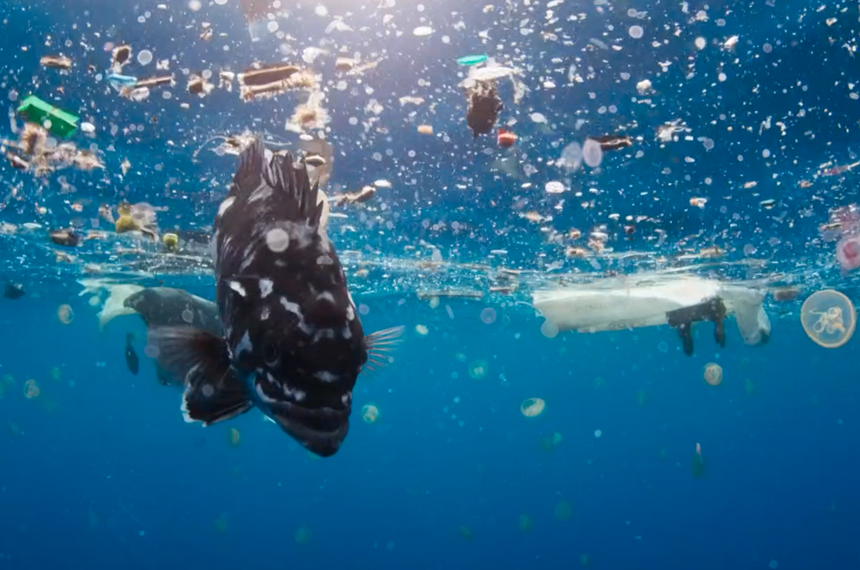




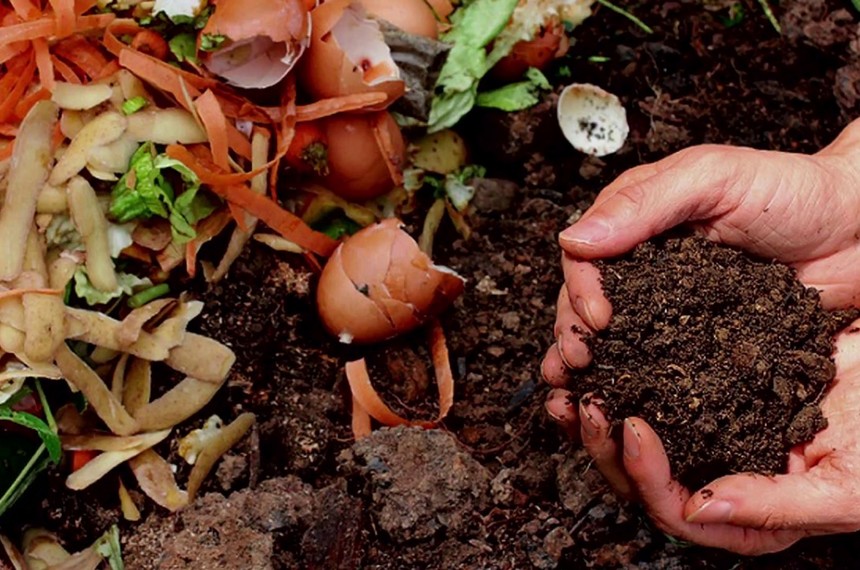
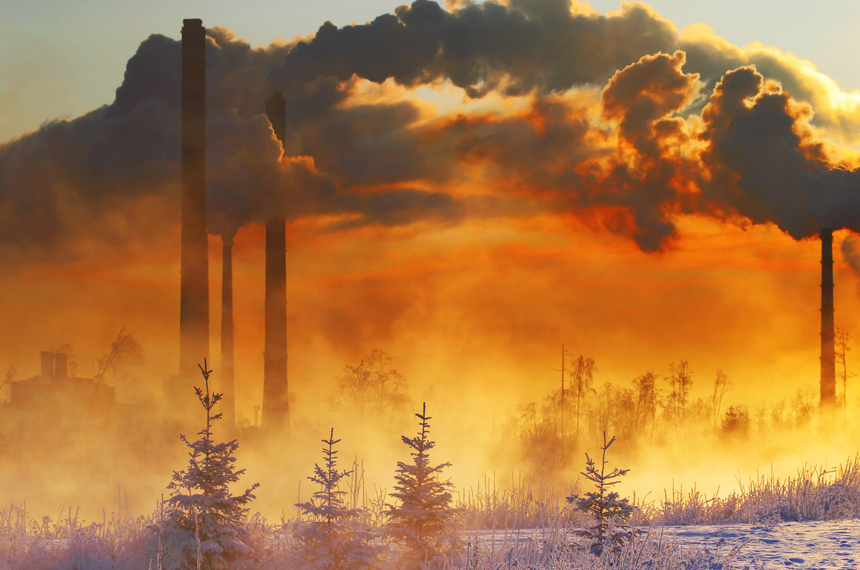
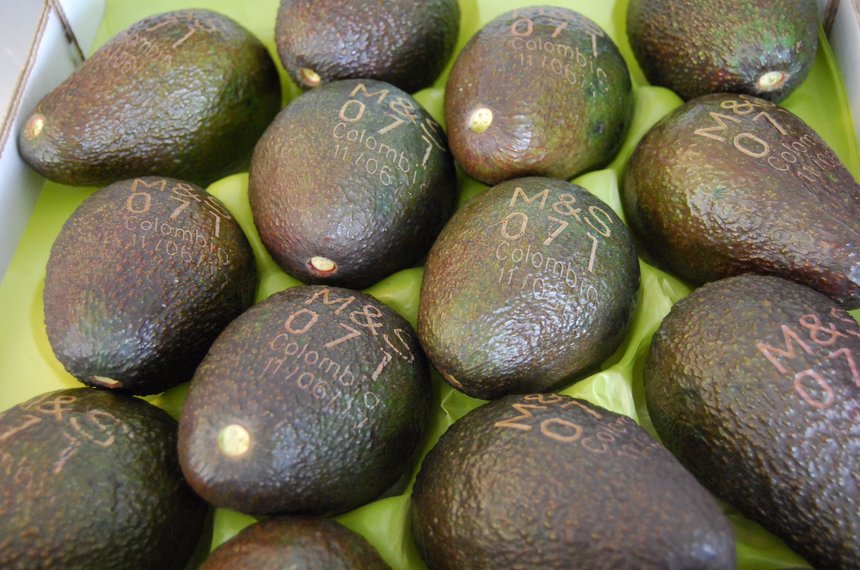
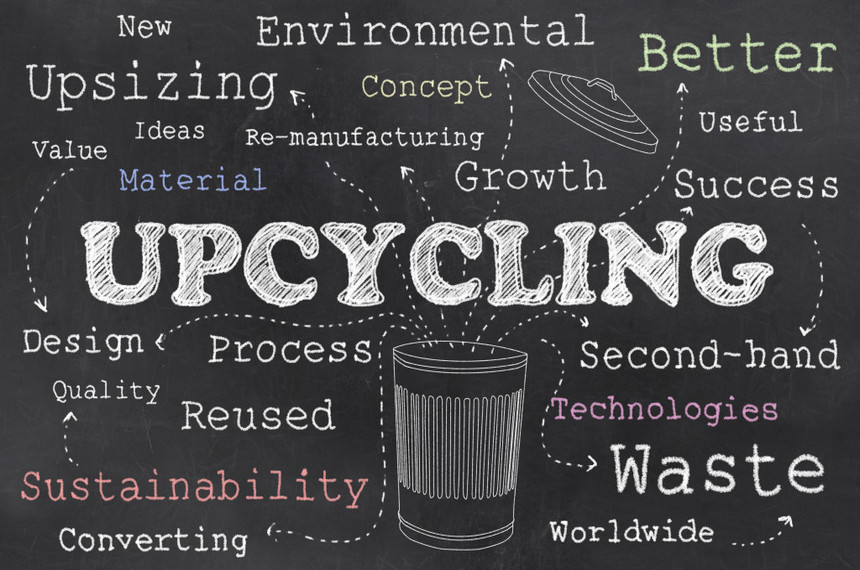
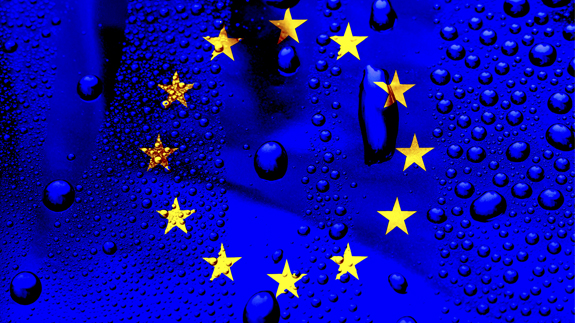
Follow us on